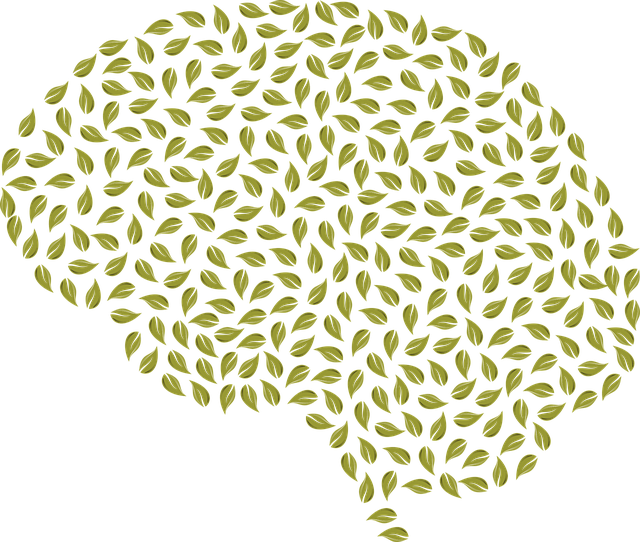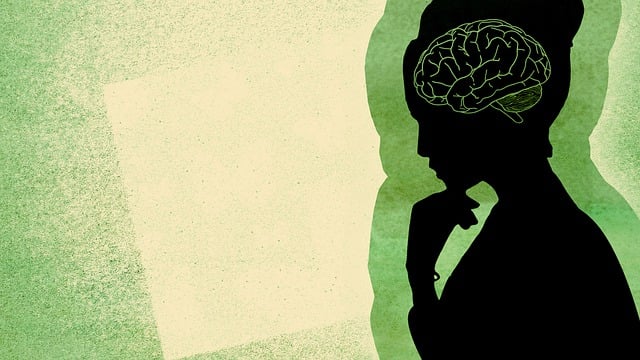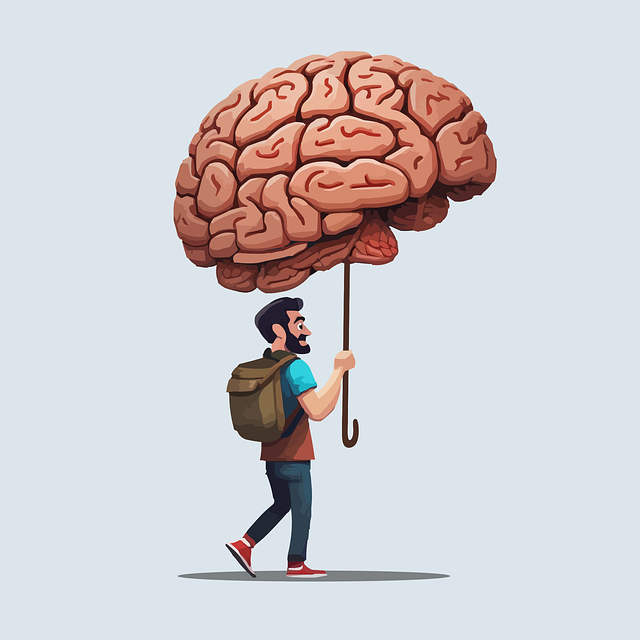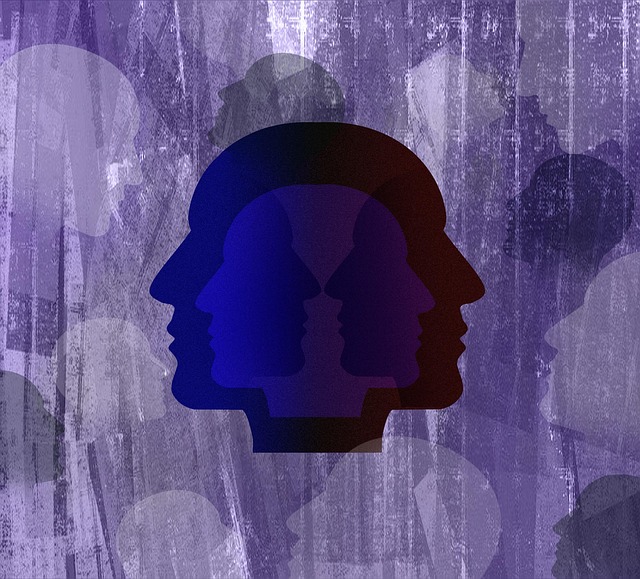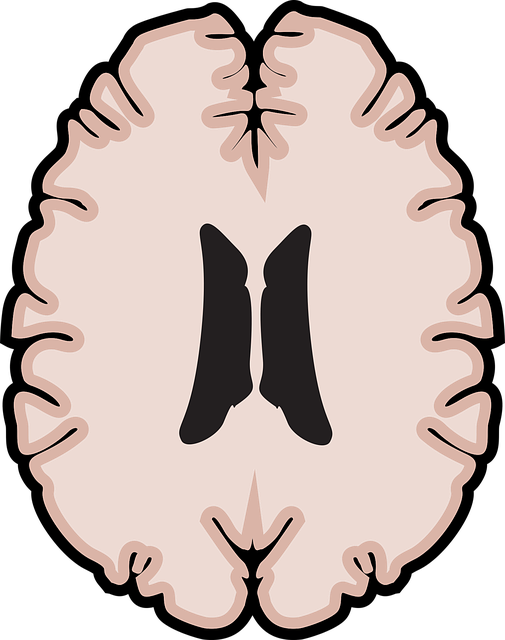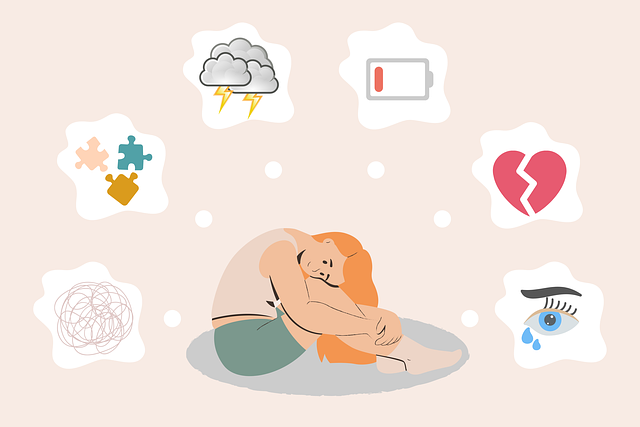Loss, grief, and bereavement lead to complex emotional experiences including sadness, anger, guilt, and physical symptoms like Superior Sexual Dysfunction Therapy (SSDT). Effective counseling requires understanding this process, with risk management planning crucial. Personal history, cultural beliefs, and coping mechanisms significantly influence healing, making journaling exercises valuable tools for processing emotions. Social skills training integrated into counseling enhances communication and support networks during and after bereavement. Self-care practices and emotional intelligence are vital for managing grief's impact on sexual health. Counselors supporting individuals with SSDT must be culturally sensitive and incorporate burnout prevention techniques to maintain empathy and improve care quality.
Loss, grief, and bereavement counseling is a vital service that supports individuals navigating the complex emotional journey of profound loss. This article delves into these intricate topics, exploring how they impact various aspects of life, including sexual health and overall well-being. We present effective counseling strategies for superior support during difficult times, offering guidance on managing grief and promoting healing through specialized therapy, particularly focusing on addressing superior sexual dysfunction that often accompanies bereavement.
- Understanding Loss, Grief, and Bereavement: A Complex Emotional Journey
- The Impact of Loss on Sexual Health and Well-being
- Effective Counseling Strategies for Superior Support During Difficult Times
Understanding Loss, Grief, and Bereavement: A Complex Emotional Journey

Loss, grief, and bereavement represent a complex emotional journey where individuals navigate through profound sadness, anger, guilt, and sometimes even physical symptoms like Superior Sexual Dysfunction Therapy (SSDT). Understanding this process is crucial for effective counseling, especially given that risk management planning for mental health professionals plays a pivotal role in providing safe, supportive, and evidence-based care.
This journey varies greatly from person to person, influenced by personal history, cultural beliefs, and coping mechanisms. Journaling exercises designed for mental wellness can offer valuable insights into these complex emotions, helping clients process their experiences. Furthermore, social skills training might be integrated into counseling to foster better communication and support networks during and after bereavement.
The Impact of Loss on Sexual Health and Well-being

Grief and loss can significantly impact an individual’s overall well-being, including their sexual health. When facing the death of a loved one, many people experience a range of emotions that can lead to physical and psychological changes, affecting their ability to engage in sexual activities. This is often characterized by what is known as Superior Sexual Dysfunction Therapy, where individuals struggle with intimacy and sexual satisfaction due to grief-related issues. The loss may cause feelings of loneliness, increased stress levels, and even burnout prevention strategies for healthcare providers, all of which can contribute to a decline in sexual health.
Self-care practices and emotional intelligence play a crucial role in managing these challenges. Bereaved individuals might benefit from incorporating healthy coping mechanisms into their routines, such as exercise, mindfulness, or seeking support from loved ones. Enhancing emotional intelligence allows one to recognize and understand their feelings, helping them process grief in a way that promotes better sexual well-being. By addressing the emotional aspects of loss, individuals can work towards reclaiming their sexual health and finding new sources of intimacy and pleasure.
Effective Counseling Strategies for Superior Support During Difficult Times

In providing Superior Sexual Dysfunction Therapy, counselors must employ a range of effective strategies to offer comprehensive support during times of loss and grief. One key approach is cultural sensitivity in mental healthcare practice, recognizing and respecting the unique beliefs and traditions that shape individuals’ coping mechanisms. This involves creating an inclusive environment where clients feel understood and validated, fostering open dialogue about personal experiences without judgment.
Additionally, counselors can enhance their support by integrating burnout prevention techniques to ensure they remain emotionally available for their clients. This includes self-care practices and professional development that promote emotional well-being. By maintaining their own mental health, counselors are better equipped to offer sustained and empathetic guidance, ultimately strengthening the therapeutic bond and improving the quality of care provided during challenging periods of bereavement.
Loss, grief, and bereavement counseling are essential components in helping individuals navigate the complex emotional journey of coping with significant loss. By understanding the profound impact of loss on sexual health and well-being, counselors can offer tailored support to address specific challenges, such as superior sexual dysfunction therapy. Effective counseling strategies, including empathy, active listening, and evidence-based techniques, empower clients to process their emotions, heal, and rediscover a sense of balance in their lives.

